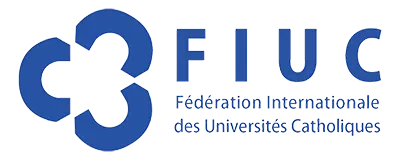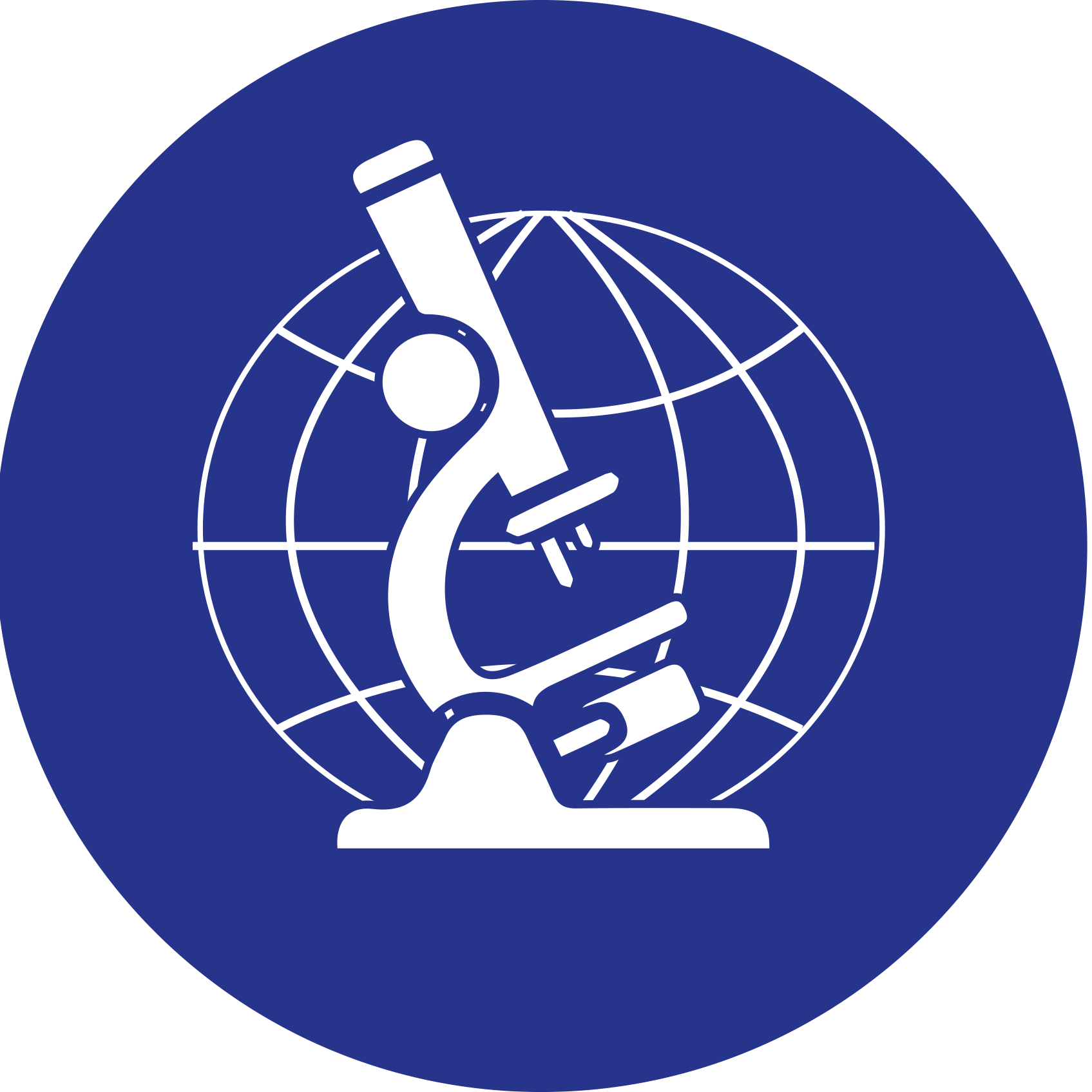Who we are?
Our history
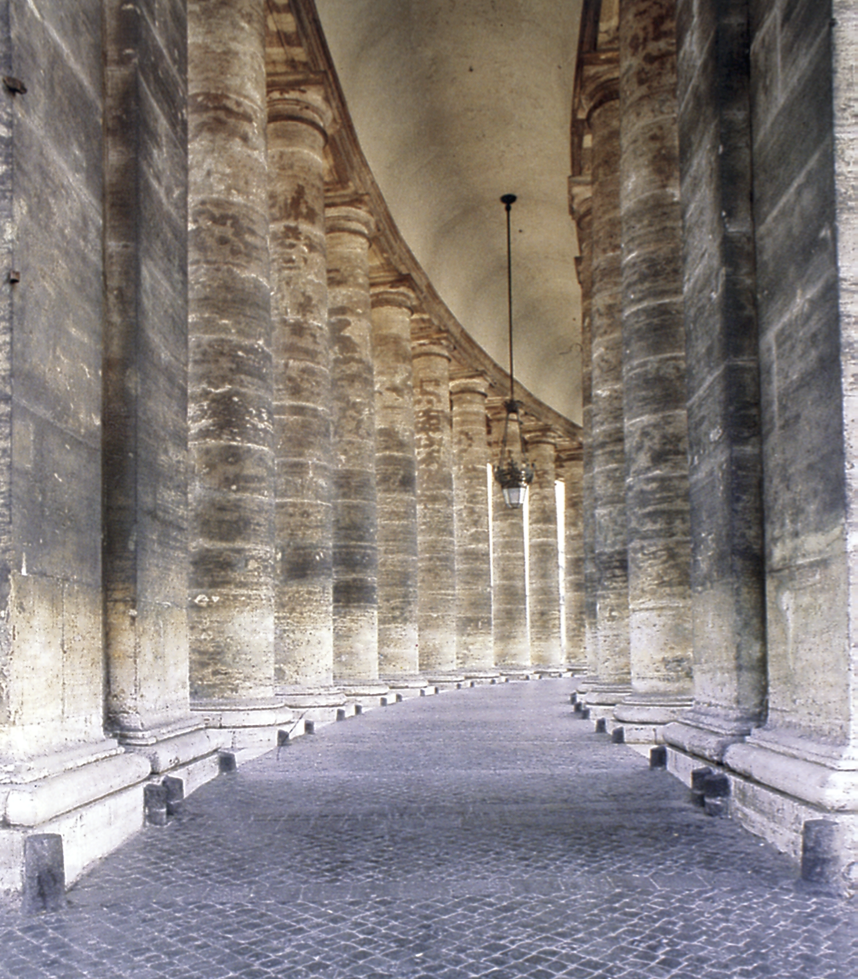
It was at the initiative of the Università Cattolica Del Sacro Cuore (Milan, Italy) and of the Katholieke Universiteit Nijmegen (Nijmegen, Netherlands) that preliminary steps were taken in 1924 to bring together the Catholic universities in a Federation to discuss specific issues of common concern. These endeavours were concretised the following year during a meeting at the Institut Catholique de Paris where 14 universities from the various parts of the world were represented at a first General Assembly.
It was only after the Second World War that the Fœderatio Universitatum Catholicarum took off. It was recognised by a Decree of the Holy See in 1948 and by Pope Pius XII in 1949. It became the International Federation of Catholic Universities (IFCU) in 1965. IFCU collaborates with the Secretariat of State, the Dicastery for Culture and Education, AVEPRO, and various dicasteries including the Dicastery for Integral Human Development.
Our mission
The role of the Federation is :
- promote a collective reflection on the mission of Catholic higher education institutions;
- to foster academic cooperation in the field of research, as well as the valorization and dissemination of research results to decision-making communities;
- to promote the exchange of experience and expertise among Catholic institutions of higher education;
- To represent Catholic universities in international organizations and associations and to collaborate with them in accordance with its institutional priorities;
- To contribute to the development of Catholic higher education and to the affirmation of its specific identity.
- To promote ethical reflection on the mission of member universities, including issues of diversity, equality, and the promotion of women’s leadership, in the context of the goals for sustainable development promoted by the United Nations.
Actions
The actions of the Federation are divided into four main lines:
Research
Foresight
University Social Responsibility
Training
In addition to these, there is international representation in various bodies such as UNESCO, ECOSOC, the Council of Europe, among others, where IFCU has the voice of Catholic universities.
Service
Six major services dedicated to affiliates articulate the activities of the Federation:
1. A Training Department
It is by taking into account the changes of higher education and wishing to better prepare our Catholic universities that the Training Department was created.
These training sessions are structured around topics such as “Management and Leadership”, “Internationalization and Interculturality”, “Pedagogical Innovation”, “Academic Conflict and Mediation”, “University Pastoral Care”, and “Improving Research Policies”.
The training offer is set to evolve in order to take into account the reality of an ever-changing university world and to propose programs that will enable university and Catholic world staff to meet the major challenges of today. tomorrow.
For the period 2017-2022, more than 200 people have been trained in face-to-face and distance learning in English, Spanish and French. .
For more information, you can visit the page dedicated to the Training Department.
2. The Laudato Si’ Endowment Fund for Academic and Social Projects
Since 2018, IFCU has a funding tool for academic and social cooperation projects. The Laudato Si’ Endowment Fund aims to support a policy of developing research programs in the humanities and social sciences in Catholic higher education institutions worldwide.
3. IFCU-CIRAD, a tool for fostering scientific cooperation
The globalization of international issues is forcing the research community to work from now on at the international level, in order to apprehend problems both in their global dimension but also by considering their local impacts. The IFCU member universities offer the advantage of being present on all continents, to be able to approach research in a multidisciplinary perspective integrating cultural expectations and to be able to work within the framework of International Research Groups, within the International Center of Research and Decision Support (CIRAD). The latter, founded in 1975, aims to promote interuniversity and multidisciplinary research within the framework of international cooperation and offers a space for meetings, debates, intellectual productions and sharing of knowledge…
4. The Higher Education Foresight Unit
The global market for higher education is today challenged by profound changes; those linked to the 4th industrial revolution, organized around the NICT revolution and now Artificial Intelligence, are among the most important. In the short term, the organization of our campuses will be deeply modified; While the world of employment will be transformed by the emergence of new jobs, the disappearance and the mutation of current jobs, our universities must also prepare themselves to launch new trainings.
In order to help Rectors and Management Teams of its member universities, IFCU has created a Higher Education Foresight Unit. Its activities are as follows: publication of an annual report on the “Future of jobs”, publication of an annual report on Catholic Higher Education; animation of debates and seminars around the changes of professions and therefore new training to create for students.
You can visit the page dedicated to this unit here: Higher Education Foresight Unit
5. Global and global presence and networking: sharing experiences
The presence of IFCU in the International Institutions dates from 1965, this international Catholic voice in the field of knowledge is heard in Paris at UNESCO with an observer status, obtained in 1967; in New York at the UN Economic and Social Council (ECOSOC); in Geneva, at the UN Human Rights Council; in Strasbourg, at the Council of Europe. The Federation is also present in the OECD Higher Education Stakeholder Forum and the OSCE Network of Think Tanks and Academic Institutions.
In all these instances, the voice of Catholic academics, via the network of experts of the Federation finds an echo.
6. A collaborative platform under construction: the worldwide portal of Catholic Universities
In the course of 2020, IFCU launched a single portal for all Catholic universitie, with practical features reserved for the affiliates of the Federation.
This cooperation tool aims to provide the most comprehensive overview possible of Catholic Higher Education and to foster collaboration between affiliated universities via a collaborative platform, calls for collaboration, calls for projects, etc.
Becoming a member
..The Federation is currently made up of 255 members, universities and Catholic institutions of higher education, present on all the continents. IFCU is a value-based federation catering to members working under widely different conditions and facing enormous challenges. Our task is to provide answers to different constituencies, at a time when universities are facing a brave new world of opportunities and disruption, as their mission, their education model, community engagement strategies and funding structures are being transformed. We aim to support global collaboration, binding the voices of our members in a global engagement for robust research and values-driven academic training. This requires convoking disciplines and different stakeholders across regions and professional sectors to produce knowledge that will serve the cause of justice and human rights, support the sustainability of our common house and defend humanity. Universities are the focal point of a new economic model that is no longer simply based on manufacturing and commodities but is driven and led by those who own intellectual capital. This clearly requires stronger links with stakeholders in the community, and they will increasingly tap into the resources available in universities more effectively as universities must be flexible in catering to these changing demands. Our edge is that as Catholic universities, we will act to meet these demands by means of value-driven education.
Contact: sgfiuc@bureau.fiuc.org
Membership application form
IFCU governance
Secretariat
The Federation has a permanent secretariat that is responsible for implementing the orientations and policies defined by the General Assembly and the governing bodies. In addition to the administrative and management tasks of IFCU, the Secretariat also carries out events, coordination and information tasks for all its adherents and partner organisations and institutions. The Secretariat has a permanent staff of various nationalities for its different activities: administrative secretariat, promotion and coordination of inter-university research, information and communication, and financial management.
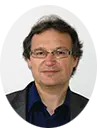
Dr. François MABILLE
IFCU Secretary General

Dr. Corinne MELLUL
Head of the Foresight Department

Dr. Montserrat ALLOM
Director of the International Centre for Research and Decision Support (CIRAD)

Nicolas VERGIER
Partnerships Manager and Laudato Si’ Fund Manager
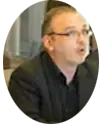
Loïc ROCHE
Head of Communication and Training Department

Philippe TAN
Administrative Assistant
Administrative Board
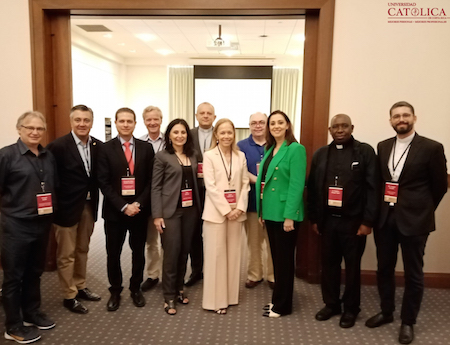
DrIFCU ADMINISTRATIVE BOARD 2022 – 2025
President
Dr. Isabel Capeloa Gil, Universidade Católica Portuguesa, Portugal
Secretary General
Dr. François Mabille, IFCU
Africa
Vice President:
Fr. Dr. Stephen Mbugua Ngari, Catholic University of Eastern Africa – Kenya
Asia
Vice President:
Rev. Dr. Stephen Morgan, University of Saint Joseph, Macao SAR (China)
Latin America
Vice President:
Dr. Fernando Sanchez Campos, Universidad Católica de Costa Rica
Board-Members
Europe
Fr. Dr. Zeljko Tanjic, Catholic University of Croatia, Croatia
Fr. Dr. Gregory Woimbée, Institut Catholique de Paris, France
Dr. Lara Karam Boustany, Université La Sagesse, Lebanon
Latin America
Dr. Francisco Gomez Ortiz, Universidad Católica de Colombia, Colombia
North America
Dr. Katia Passerini, Seton Hall University, United States of America
Scientific Council
Pierre Vercauteren, Université Catholique de Louvain, Belgium
